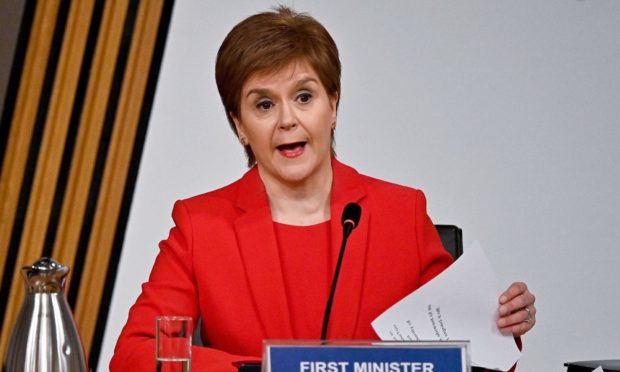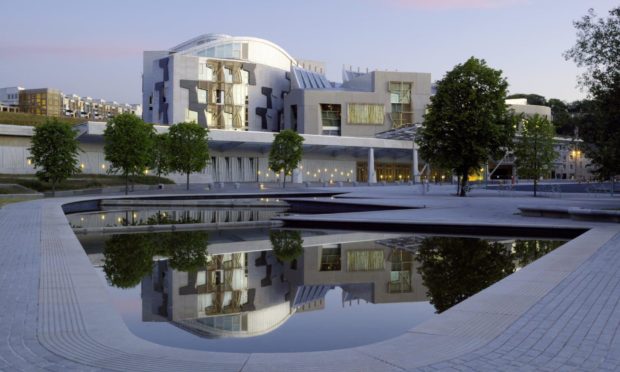As the fifth session of the devolved Scottish Parliament draws to a close ahead of May’s election, it is worth noting that these are not normal times.
The debate around the motion of no confidence in Nicola Sturgeon, only the sixth such vote in the history of devolution and the first ever involving a sitting first minister, was an unedifying spectacle.
The SNP leader survived the vote, as it was always clear she would after the Greens said they would back her, but it could yet be the reputation of the Scottish Parliament and its processes that face a crisis of confidence.
In the shadow of the one-year anniversary of lockdown and a pandemic that has claimed more than 9,000 lives in Scotland, disrupting usual proceedings like no other time in the past 22 years, MSPs spoke of how the next parliament must do better.
The inquiry into the government’s handling of harassment complaints has – perhaps not in the way originally intended – raised fresh questions about the parliament’s ability to hold ministers and officials to account.
During the debate on Tuesday, a furious John Swinney described how some scenes, specifically tweets from opposition MSPs branding the first minister a liar before the report was published, were of the “lowest standard” he has seen during his career.
Then there are the leaks, including details of a private evidence session involving the two original complainers against Mr Salmond and “partisan” portions of the committee’s report made available before it was even finalised.
The women involved have confirmed they will be making a formal complaint to the parliament over the leaks and both Mr Swinney and Scottish Greens co-leader Patrick Harvie said the culprit – or culprits – are not fit for parliament.
But we also know, now that the report has been published, that according to the testimony of the complainers, there was a culture of complicity around Mr Salmond’s alleged behaviour during his time as first minister where a “blind eye” was turned.
The women also set out the “crushing” impact of believing their original intention – to make it easier for people to come forward – had, in fact, made it more difficult for other women, and MSPs heard no one else has complained in the past three years.
It is hard to recall the parliament ever being brought to a close on such a low note. And when a new batch of MSPs arrives following the election in May, serious questions may yet need to be addressed on this whole sorry mess.

